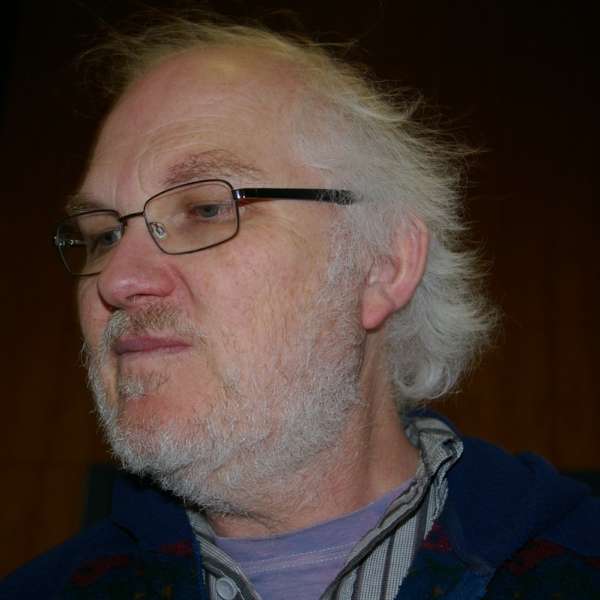January 24, 2024
The Theoretical Basis for drinkbreak - part 1 of 2
In the next two blogs we look at the theoretical basis for drinkbreak. Technically drinkbreak could be called either a self-managed brief treatment or an extended screening and brief intervention. The terms don't really matter. What counts is that drinkbreak is deliberately structured in such a way as to replicate as far as possible what happens in a treatment with a real trained therapist (either face-to face or online). As far as we know this makes drinkbreak unique. We think this approach maximizes effectiveness and acceptability.
The first of these two focusses on psychological treatment models. The second on brief interventions.
In this section the most established psychosocial treatment approaches are described, followed by a brief review of the main evidence about their effectiveness. Although there are also medical approaches to treatment, particularly for dependence, these are not applicable to online interventions. The psychosocial interventions described below are suitable for individuals at all levels of severity (if not currently requiring detoxification), but should be primarily offered to harmful drinkers and those with mild dependence.
Motivational interviewing (MI) is based on the psychological theory of cognitive dissonance and attempts to develop an alliance between the counsellor and client that promotes a favourable attitude towards change; so that individuals make choices that realistically support changes in behaviour. MI was developed from person centered counselling (developed by Carl Rogers) and incorporates an attitude of accepting and validating people's natural ambivalence about change. There are key strategies or techniques that are used; although practitioners frequently assert that MI is an overall approach and a set of values that override the specific strategies. The key components of MI are: empathy, supporting and developing discrepancies between current behaviour and values (cognitive dissonance), dealing (riding) with resistance, supporting self-efficacy and autonomy. There are treatment manuals and numerous tools designed to promote these components and a well-developed training and licencing programme for practitioners.
Closely associated with MI is the stages of change or transtheoretical model originally developed about smokers, but widely applied in the alcohol field (Prochaska and DiClemente, 1994) and elsewhere. This model describes stages that drinkers move through sequentially on their way to a non-dependent state. The descriptions of the stages vary, but typically they are "pre-contemplation" where people are not considering change; "contemplation" when they are aware of the problems associated with drinking, but can also see how difficult change might be and what they may lose by stopping or reducing consumption; "preparation" which is active planning for change; "action" is the point of behaviour change, "maintenance" in which they are working to avoid relapse and the final stage is "relapse" at which point people may start the cycle again. Key features of the model are that ambivalence is assumed and that relapse is included within the model so people, no matter how many times they have not achieved their goals, do not fall outside of the cycle. In alcohol counselling MI techniques are utilised to facilitate movement through the stages and overcome barriers.
Cognitive behaviour therapy (CBT) is a psychological intervention originally developed for treatment of depression and has been applied to a wide range of conditions including alcohol use disorders. It was originally derived from social learning and cognitive theories but, in recent years, has come to encompass a broad range of approaches and techniques. When applied to excessive drinking it may include behavioural and self-control strategies such as self-monitoring and cue exposure, relapse prevention, cognitive change techniques and mindfulness based approaches.
The Twelve-step programme is associated with Alcoholics Anonymous (AA) and directs people toward participating in groups run by the AA community. The approach differs from MI and CBT in that it adopts a disease model, rather than a psychological one, and promotes complete abstinence from alcohol as the goal. The approach guides patients towards acceptance that they suffer from the chronic and progressive illness of alcoholism and that they have lost the ability to control their drinking. Patients are encouraged to acknowledge that there is hope for recovery (sustained sobriety), but only through accepting the reality of loss of control and by having faith that some "Higher Power" can help the individual whose own willpower has been defeated by alcoholism. Twelve-step programmes offer considerable personal support to individuals through members who are also recovering (known as sponsors) and there are also groups for family members. AA is a self-help charitable organisation and does not normally rely on professionally trained therapists.
Social and behaviour network therapy was developed specifically for the United Kingdom Alcohol Treatment Trial (UKATT) and is based on the principle that change can best be made and sustained by developing a positive social network to support that change. It integrates treatment strategies that have been found to be effective in other approaches and brings them together into a manualised treatment approach (Copello, Orford, Hodgson et al, 2002).
The efficacy of psychological treatments has been evaluated in large randomised controlled trials. Two of these, Project MATCH in the United States and UKATT evaluated the relative effectiveness of manualised versions of the main alcohol-treatment approaches. Project MATCH compared cognitive-behavior therapy, motivational-enhancement therapy (based on MI), and the Twelve-step program and found that all three approaches were equally effective. The UKATT trial compared social-behaviour network therapy with motivational-enhancement therapy and also found equal levels of effectiveness.
